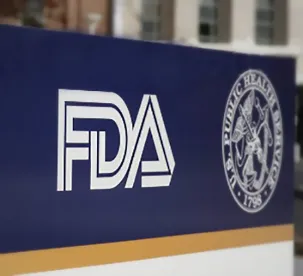Last week the FDA issued warning letters to Honest Globe, Inc. (March 15, 2021) and Biolyte Laboratories, LLC (March 18, 2021) for selling products containing cannabidiol (CBD) in violation of the Federal Food, Drug and Cosmetic Act (the “Act”).
A principle issue addressed by FDA in the letters is the sale of the CBD containing products as unapproved drugs. The CBD products at issue claimed to provide pain relief as well as a variety of other beneficial effects (e.g., anti-inflammatory, anxiety and depression treatment). Examples of claims include: “Elixicure pain relief with CBD”, “Deep-penetrating natural pain relief . . . non-addictive pain relief”, “relieving depression, lowering anxiety, lowering blood pressure, lowering intestinal inflammation and more”, “demonstrates antiviral, antibacterial, and antifungal effects for virtually every surface and tissue in the body”, “for temporary relief of occasional . . . minor aches and pains . . . Stiffness of muscles, joints and tissues.” Therefore, consistent with the definition of drug, the products are intended for use in the diagnosis, cure, mitigation, treatment, or prevention of disease and/or are intended to affect the structure or any function of the body. Both letters also state that the products do not meet the requirements under section 505G of the Act which would allow them to be marketed without an approved new drug application. Specifically, among other shortcomings, the active ingredient, CBD, was not an active ingredient in any applicable final monograph or tentative final monograph (TFM). Further, even if CBD was considered an inactive ingredient, the products would still not qualify for the 505G exception because CBD does not conform with the general requirement that it be safe and suitable since it has known pharmacological activity with demonstrated risks.
The letters also address a number of other deficiencies and violations, including failure to comply with current good manufacturing practices.
As we have previously reported, FDA taken the position that CBD is not a lawful dietary ingredient or dietary supplement, but has focused its enforcement efforts on Warning Letters against companies making unsubstantiated health claims. These letters are consistent with that policy. We will continue to monitor and report on any development in CBD regulation and enforcement.



 />i
/>i
